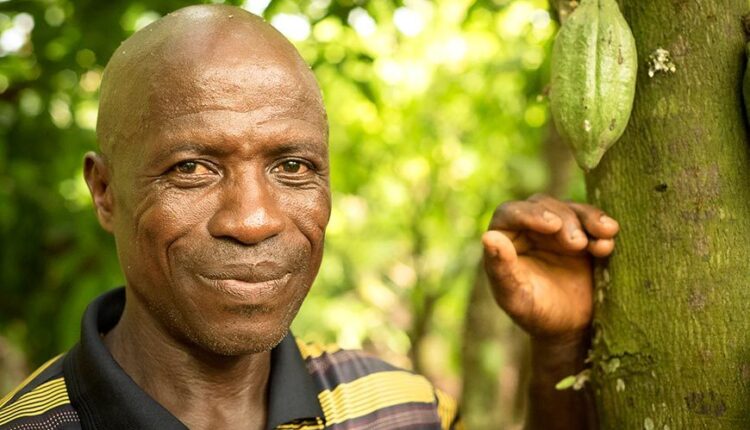Marshall Alhassan Adams1,2,3,Sophia Carodenuto2,Siapha Kamara4, Emmanuel Ayifah4,Sandra Saakwah4
- University of Victoria, Center for Global Studies, Victoria, Canada
- University of Victoria, Department of Geography, Victoria, Canada
- Council for Scientific and Industrial Research (CSIR) Forest Research Institute of Ghana, Ghana
- SEND GHANA
- Correspondence: [email protected]
Key Messages
The governments of Ghana and Cote Ivoire introduced Living Income Differential (LID) in 2019 without a clear policy document, resulting in different and potentially conflicting views on how long-term poverty reduction should be achieved.
The impact of LID on sustainability objectives such as agroforestry-based cocoa production remains unclear; and the interaction between LID and sustainability is one of the most contested issues.
There is broad consensus across a range of stakeholder groups that the producer price of cocoa is too low and unstable, but the long-term viability of the LID approach remains unclear.
The civil society cocoa platform calls for coordinated implementation efforts focused on well-designed LID mechanism and targeted policy advocacy actions to transition smallholder farmers to cocoa agroforestry.
- Illegal Mining Threatening Ghana’s $230M Cocoa Rehabilitation - April 10, 2024
- Ghana Raises Cocoa Farmgate Price by 58.26% to GHC2,070 per bag - April 5, 2024
- New Standard for Measuring Cocoa Household Income Launched - April 5, 2024
